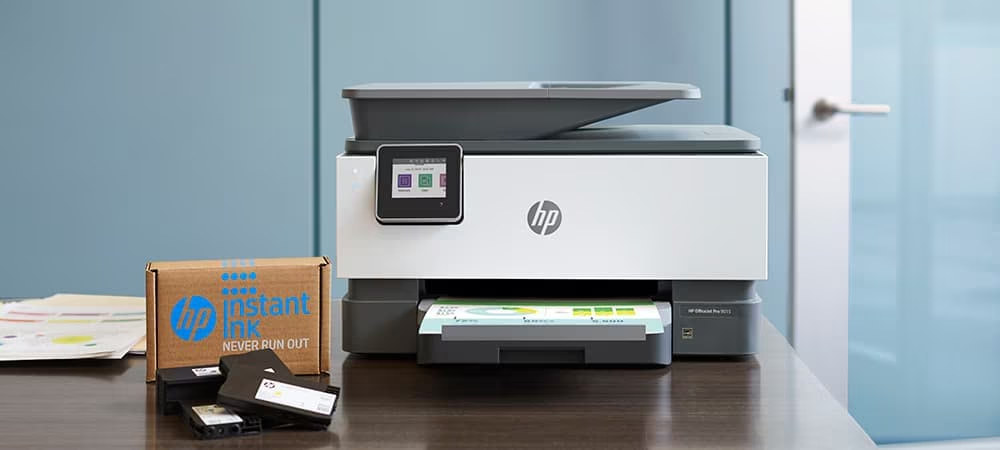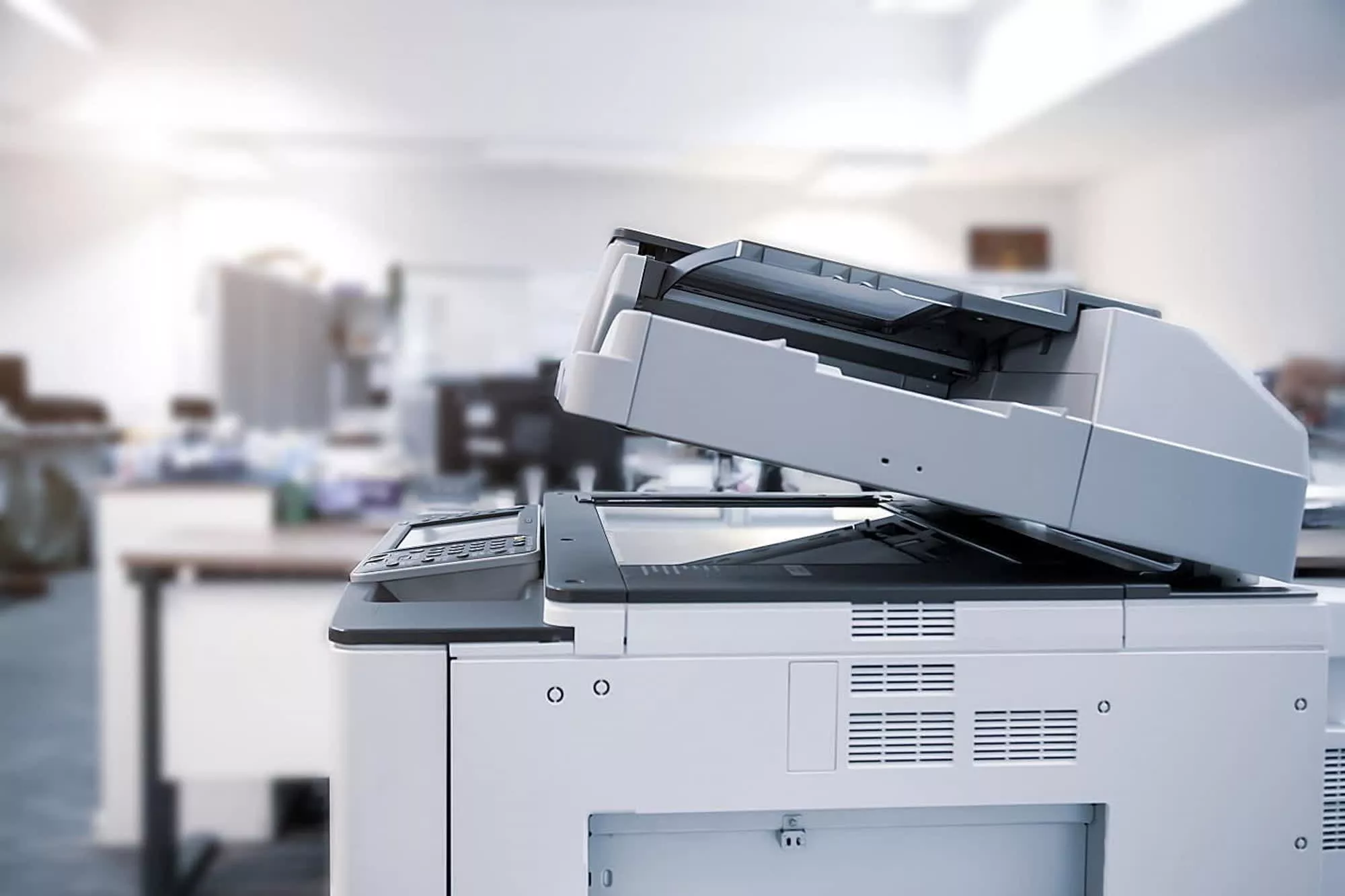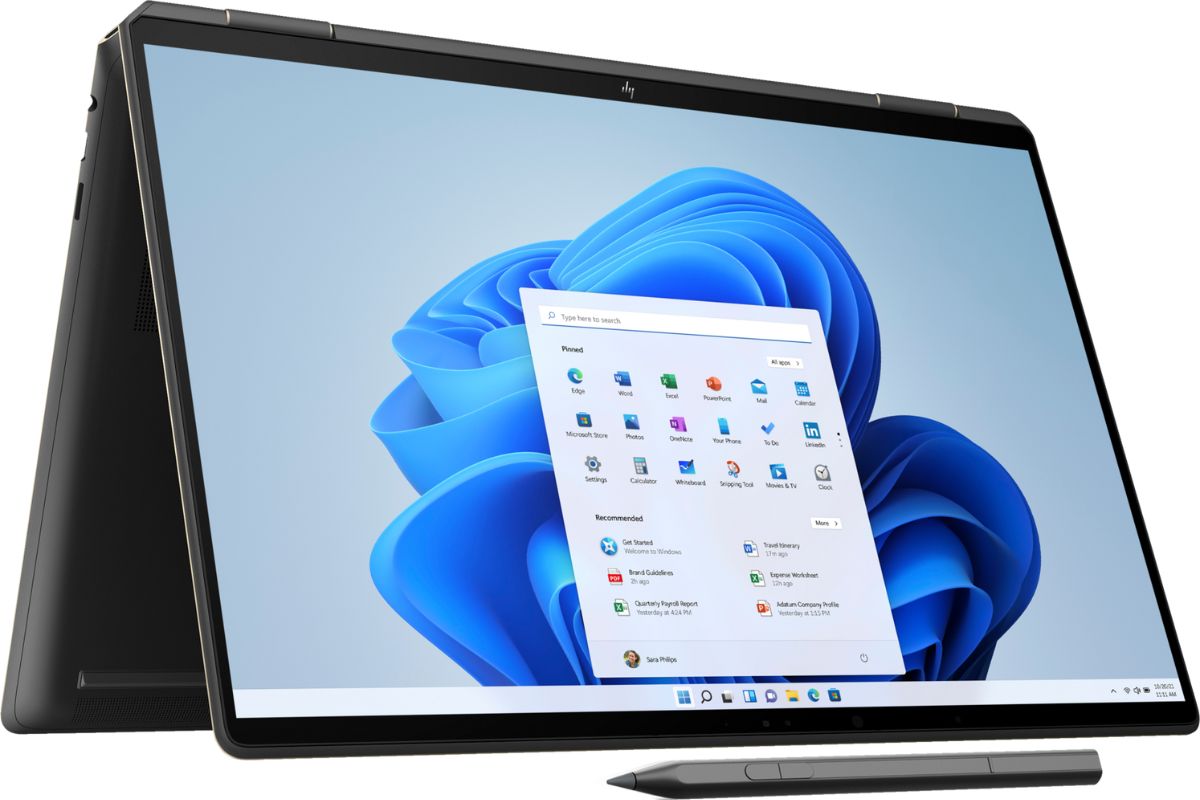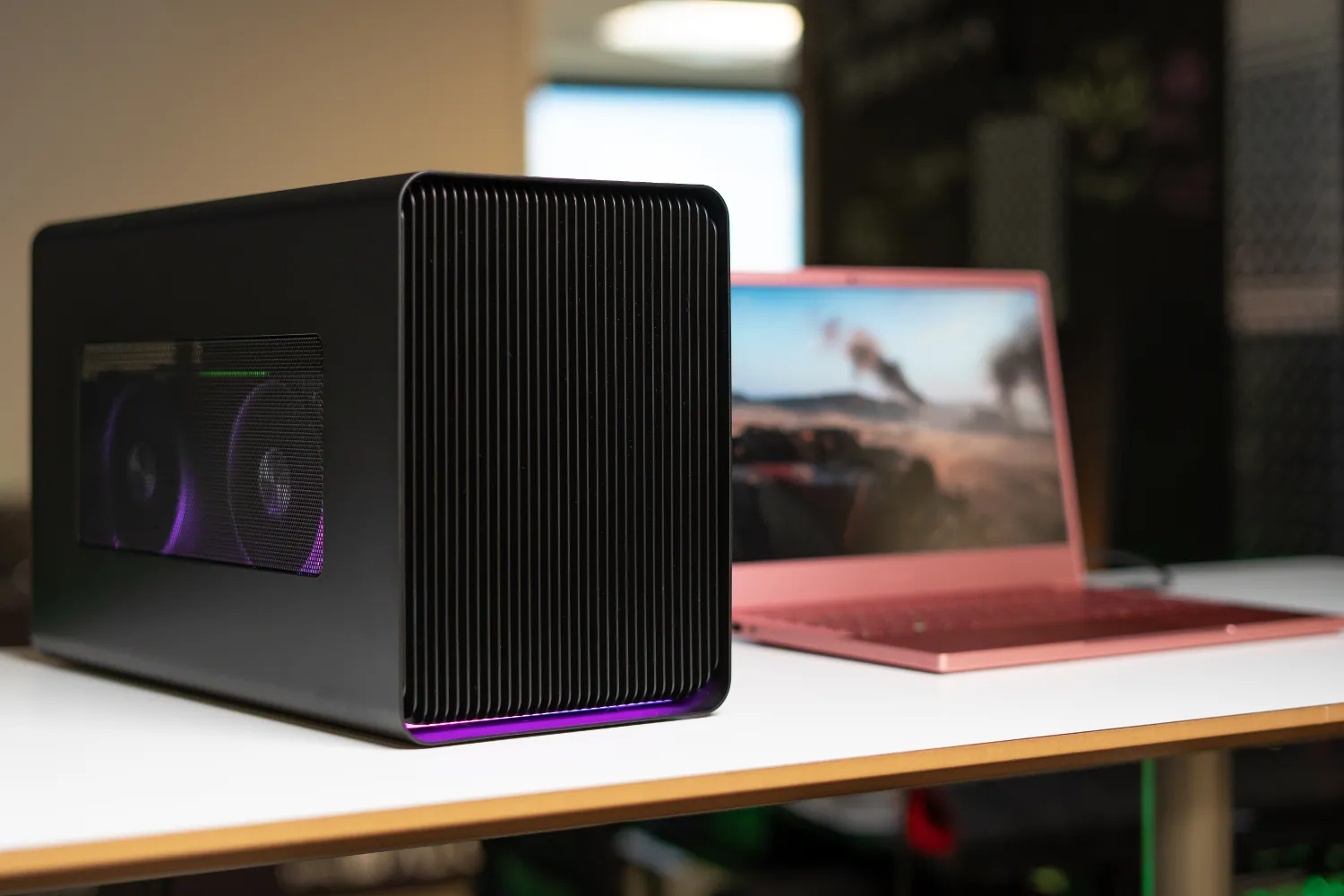
HP Faces Backlash Over Printer Lock-In as Lawsuit Ends With Minimal Compensation
HP’s printer policies have long frustrated customers, but recent developments have only added fuel to the fire. A class-action lawsuit targeting HP’s controversial Dynamic Security updates has reached a resolution—though the outcome is unlikely to satisfy many affected users.
Lawsuit Resolution Brings Few Benefits to Users
The lawsuit, which dragged on for over four years in a California federal court, accused HP of forcing users into purchasing its proprietary ink by blocking third-party cartridges through software updates—updates that plaintiffs described as “malware.” However, the case has now concluded with no admission of fault from HP and no broad compensation for customers. Only three individuals involved in the lawsuit will receive $5,000 each, while the majority of affected consumers will see little benefit beyond the ability to roll back firmware updates on 21 models of HP LaserJet printers.
For those using HP printers from before 2016, the lawsuit also covers some older models, but at this point, relatively few of those devices are still in use. Ars Technica has published a full list of impacted models, providing some clarity for consumers still dealing with the restrictive updates.
HP’s Continued Efforts to Control Ink Usage
HP’s Dynamic Security system remains a source of frustration for many users, as it actively blocks non-HP ink cartridges that don’t pass its proprietary verification. The company has at least become more transparent about this practice, now explicitly warning consumers that certain models will reject third-party ink. While HP has stepped back from its more aggressive push toward subscription-based printing, it continues to pursue strategies that limit consumer choice and drive up ink costs.
A Better Alternative? Consider Brother Laser Printers
For those looking to avoid these restrictions altogether, many users and experts recommend Brother’s budget-friendly black-and-white laser printers. These models tend to be more reliable, last longer on a single toner cartridge, and support third-party refills without the same level of interference from software updates. If you only print occasionally, investing in a basic laser printer for text-based documents and using a separate service for high-quality color prints may be a far less frustrating—and more cost-effective—solution.




